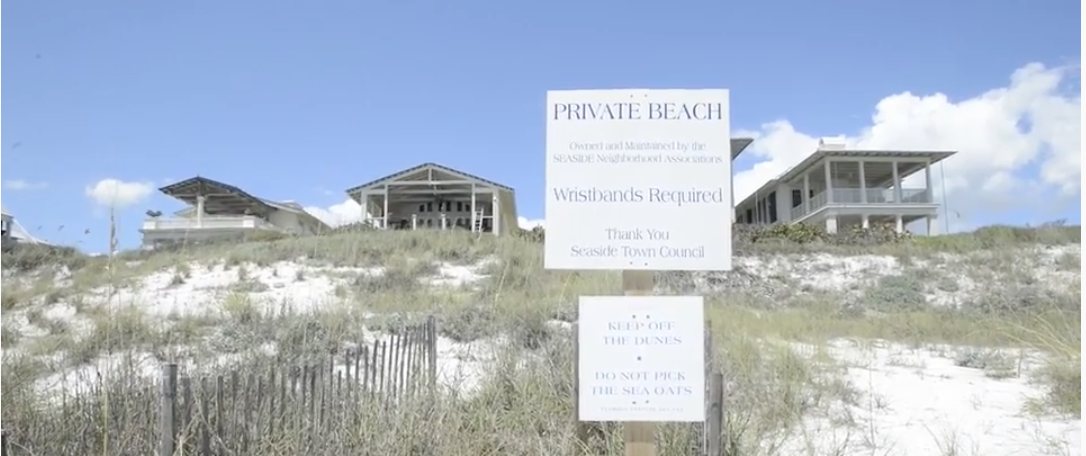2018’s Legislative Water Woes
2018’s Legislative Water Woes
This legislative session’s anti-clean-water proposals are going to affect your life. Here’s how.

Toilet-to-tap: HB 1149
Not a fan of birth control in your drinking water? Too bad. As populations explode statewide, demand for water supply grows and not every answer to the problem is palatable. Legislators signed a bill that would allow treated sewage into Florida’s primary drinking water source. Proponents argue that sewage injected into the aquifer undergoes advanced wastewater treatment, ensuring federal water quality standards are met; but critics point out that those standards don’t go far enough. The treatment does not remove pharmaceuticals, and allowable nutrient loads are higher than the aquifer’s natural ecology, so injected sewage could permanently change its condition. The bill is nicknamed “toilet-to-tap.
The alternative solution calls for restoring the historic flow of clean, freshwater from Lake Okeechobee to Florida Bay, which staved off saltwater intrusion and recharged the aquifer naturally for decades. This legislation seems determined to take the least natural, least appealing route possible to accommodate population growth and development. Water, water everywhere, but if Gov. Scott signs this bill, will we really want to drink it?
Wetland protection vs. development : HB 7043
Prepare for more flooding as oversight of dredge and fill permitting in Florida shifts from the U.S. Army Corp of Engineers to the Florida Department of Environmental Protection. Wetlands protect coastlines and reduce the impacts of floods, act as critical habitat to a wide diversity of life, and serve as a natural filtration system for pollutants. Eliminating the checks and balances of federal permitting for wetlands strips them of a layer of protection, meaning pro-development local and state authorities could greenlight their removal faster and easier. For the estimated thousand-people-a-day moving to Florida, the law could pave the way for more and cheaper housing. But property owners, even away from the coasts, could see their home values drop and insurance rate rise with flood waters. Signed into law on March 23rd, FDEP has pledged no additional money or training to implement the added responsibility. How much does a rubber stamp cost?
Access to Florida’s Beaches HB 631
Unless you’re lucky enough to own an oceanfront home, your weekend trips to the beach just got a lot more difficult. Residents and tourists alike need to pay attention to this assault on public lands as three counties have passed ordinances to limit public access to beaches. The bill will force beach-goers to navigate an uneasy understanding of where they can legally walk, sunbathe and fish. Envision a coastal landscape filled with orange traffic cones and armed guards blocking the public from a shared space that has been a time-honored tradition for a multi-billion dollar tourism industry.
If sewage doesn’t come out of your tap, benzene might. Anti-fracking legislation failed, once again. Sitting barely above sea level and facing increasing vulnerability to saltwater intrusion into our drinking water, Florida’s unique porous limestone and sand makeup seems like a risky place for a practice with documented hazards and few winners. Though laced with chemicals that represent an obvious hazard, fracking continues to enjoy exemption from the Safe Drinking Water Act of 2005 (even if Floridians debate drinking treated sewage). Erring on the side of greed isn’t terribly unique in Florida history, but we remain hopeful that this is one anti-clean water bill that won’t stay off the blacklist for long.
More bills await Governor Scott’s power of the pen, and residents and visitors will feel the impact of his decisions personally. Many have repercussions for the state’s uniquely fragile groundwater, jeopardizing a resource that Florida wouldn’t be the same without. Scott has until April 10 to act. We’ll keep you informed, and we’ll hope for the best right along with you.

